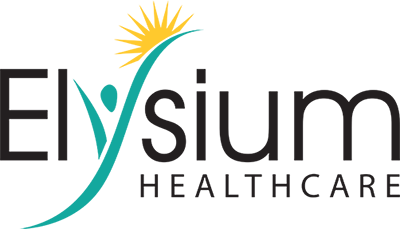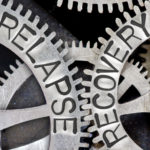
The connection between addiction and depression has been well-established for some time. But which one comes first? And can they exuberate each other?
In this piece, we’ll delve into the association between addiction and depression and investigate how they impact one another.
What’s Depression?
Before coming to any conclusions, it’s essential to first comprehend the meaning of depression.
Depression is a mental health disorder that influences one’s emotions, thoughts, and actions. Symptoms often include low moods and a lack of motivation. In severe cases, depression can lead to a loss of desire for living.
Every individual experiences sadness from time to time, but those with depression experience it more frequently and for longer periods of time.
Depression can stem from a variety of causes, such as life events or brain chemical imbalances resulting from substance abuse.
Common symptoms of depression include:
- Persistent sad or anxious mood
- Hopelessness and pessimism
- Irritability, frustration, and/or restlessness
- Loss of interest, pleasure, and willfulness
- Lower energy levels
- Troubled sleeping patterns
- Changes in appetite
- Pains, headaches, and cramps that are not eased with treatment
- Thoughts and attempts to take one’s own life
Relationship Between Depression and Addiction
Addiction and depression are closely intertwined with each other as It’s not uncommon for addicts to feel depressed. This is often due to the depletion of dopamine in the brain and other neural damage caused by substance use.
Abusing drugs or alcohol causes a dopamine rush in the brain. Like a tank out of fuel, the brain runs out of good-mood juice, leaving the addict feeling down and depressed after using drugs. As tolerance develops, and dopamine receptors get damaged, the depressive episodes tend to last longer, eventually growing into a serious problem.
It’s also possible for depression to lead to substance abuse, as individuals may use drugs or alcohol to alleviate their sadness and seek the dopamine rush that substances provide.
Data shows that people with depression are more likely to turn to alcohol as a form of self-medication, compared to other substances.
These behaviors can lead to addiction, and it’s a vicious cycle as both addiction and depression can exacerbate each other.
A person may turn to drugs or alcohol to cope with their emotional pain, but these substances can then worsen their condition, leading to a repeat of the cycle.
People might choose to self-medicate for a number of reasons including:
- Lack of trust in conventional medicine
- Lack of access to medical care
- Fear of approaching a doctor
- Misguided beliefs
Data also shows that the most prevalent reason for self-medication tends to be a lack of access to mental healthcare.
Risks of Dual Diagnosis
Treating a dual diagnosis can be difficult, even with professional assistance.
The symptoms of each condition exacerbate one another. Making it critical that both disorders must be addressed simultaneously to ensure a successful recovery.
Studies have shown that individuals with a dual diagnosis are more likely to experience certain challenges compared to those who only have one disorder such as:
- Have severe symptoms of depression
- Relapse over and over again
- Have a lower quality of life
- Attempting to take their own life
A study showed that attempted suicide rates for addicts with depression were:
- These rates are twice as high as those for addicts who develop alcoholism before depression
- The rates are three times higher than for people with depression alone
- Nine times higher than those who only developed alcohol use disorders
The risk of suicide is the most troubling risk of co-occurring disorders and one that must not be ignored.
Dual Diagnosis Treatment
It is ineffective to try and address depression and addiction separately, as one condition can trigger the other.
To achieve recovery, both co-occurring disorders must be treated simultaneously. If you suspect that you or a loved one may need dual-diagnosis treatment, it is crucial to seek professional help. Dual diagnosis can be challenging, and it requires expert care.
Elysium Healthcare provides dual-diagnosis therapy and other holistic approaches to help individuals with co-occurring disorders overcome the root causes of their issues and heal in a holistic way.
Contact us today and ask one of our admission professionals how we can help you or your loved ones overcome co-occurring disorders








No comment yet, add your voice below!